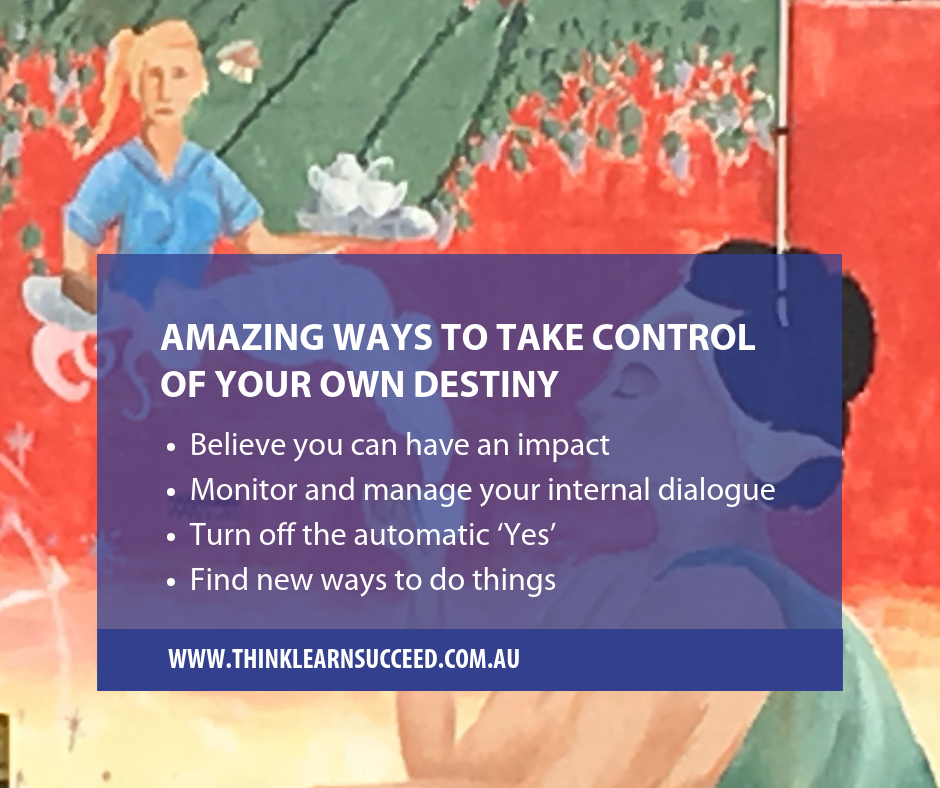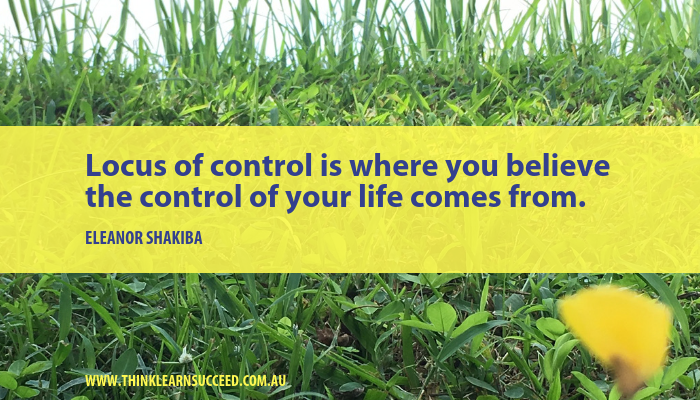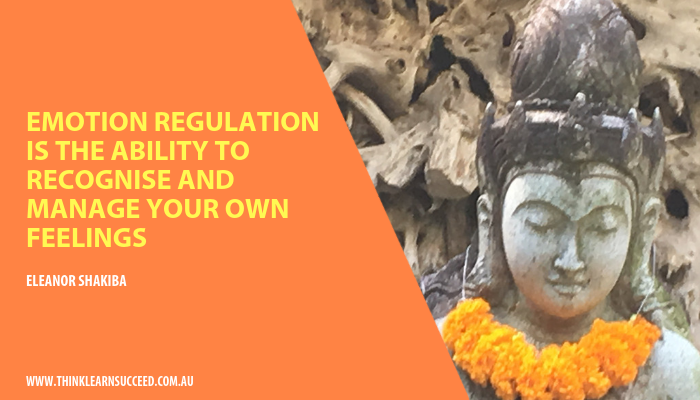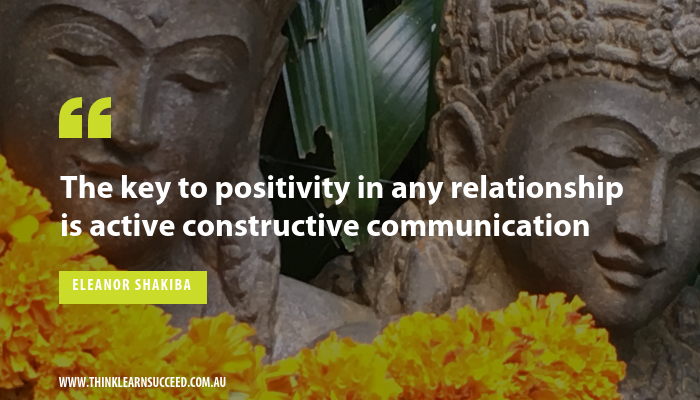
When things get tough in the office, it’s easy to get wrapped up in the drama. Instead of staying calm and focused, you might find yourself yelling or stressed out. This isn’t good for you or your team. In order to be your best self during difficult times, you need to stay organised and stressfree. Here are a few tips:
- Stay focused on your goals
When things are chaotic, it’s easy to lose sight of what’s important. But if you stay focused on your goals, you’ll be less likely to get swept up in the drama. Write down your goals and refer to them often. This will help keep you grounded.
- Avoid taking things personally.
It’s easy to get wrapped up in office politics, but you need to remember that these things aren’t personal. If someone is treating you poorly, don’t take it personally. Remember that they’re probably just dealing with their own stress and aren’t really mad at you.
- Don’t let yourself get overwhelmed.
When things are getting crazy, it’s important to take a step back and evaluate what’s going on. Don’t try to do everything at once – that’s a recipe for disaster. Break down big tasks into smaller pieces and focus on one thing at a time.
- Keep your cool.
When things are tense, it’s important to stay calm and rational. Losing your temper or shutting down will make things worse. If you remain calm, people will be more likely to listen to what you have to say.

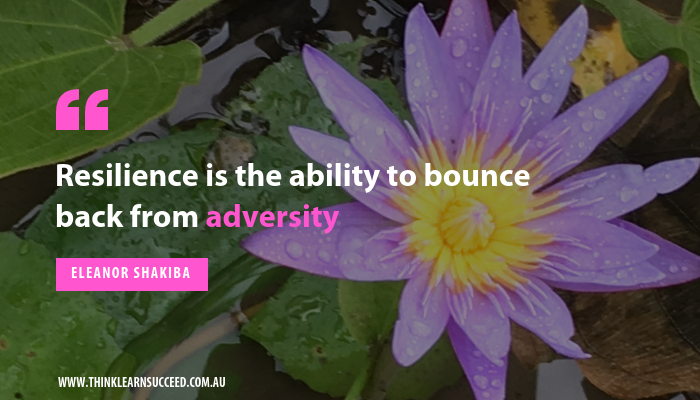 How would respond if you made a huge mistake at work? What if you suddenly lost your job? What would your next steps be? Are you resilient enough not to break from the stress?
How would respond if you made a huge mistake at work? What if you suddenly lost your job? What would your next steps be? Are you resilient enough not to break from the stress?